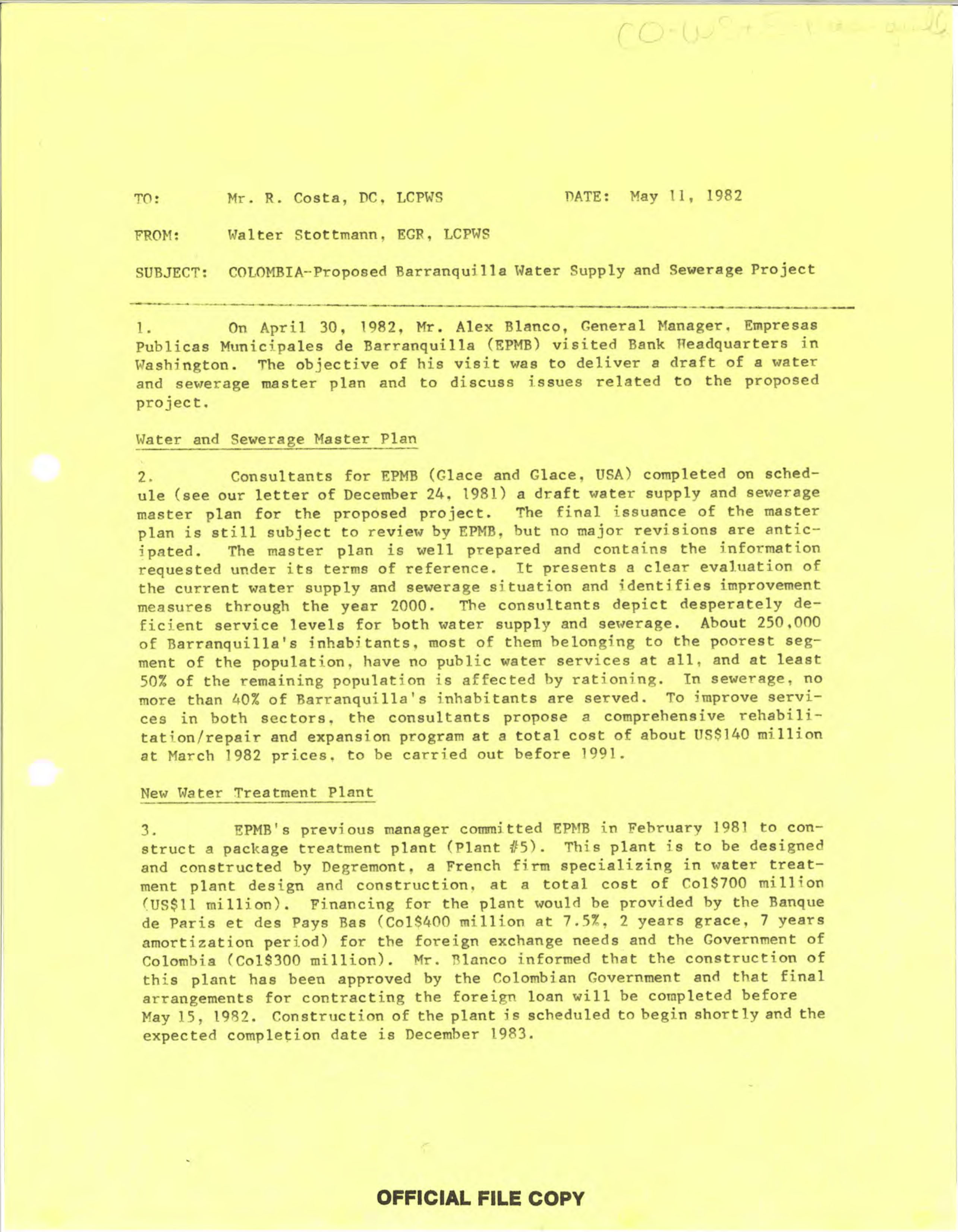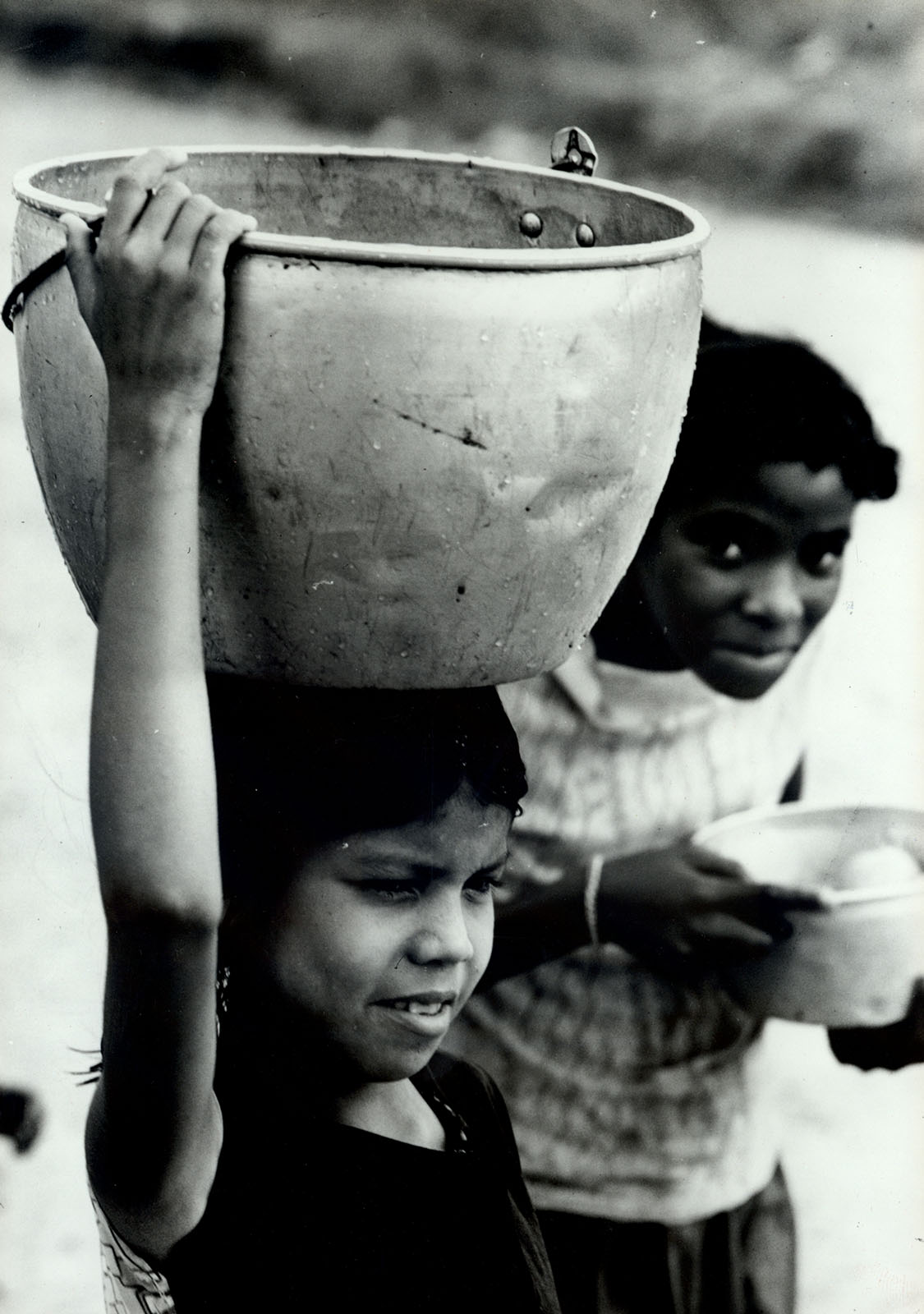Sherrine M. Thompson, Lead, Access to Information, World Bank Group Archives
Two years ago, my colleagues Jeanne Kramer-Smyth and April Miller introduced the World Bank Group (WBG) Archives’ efforts to preserve digital records, and last year my colleagues Shiri Alon and Daniele Balduzzi wrote about how we’re defining the digital landscape of the WBG in order to shape and refine our long-term digital preservation strategy. This year’s post will focus on the importance of preserving born-digital records for accountability, transparency and the public good.
Preservation of both born-digital records and digital surrogates of analog originals is the responsibility of the WBG Archives as owners of the WBG’s Records Management Policy and one of the principal implementors of the Bank’s Policy on Access to Information (AI Policy). The former ensures that records, regardless of format, are properly managed throughout the entire lifecycle and the latter sets forth how the World Bank makes information available to the public.
But, how do we ensure that the evidence of the Bank’s engagement with its member countries is captured and preserved so that academic researchers, development practitioners and citizens impacted by Bank operations can access it in the future? And, how do we ensure accountability and transparency while supporting the Bank’s mission to end extreme poverty and to promote shared prosperity? Why are these important?
 Barranquilla Water Supply Technical Assistance and Rehabilitation Project - Colombia - Loan 2637 - P006823 - Correspondence - Volume 1. pg. 76
Barranquilla Water Supply Technical Assistance and Rehabilitation Project - Colombia - Loan 2637 - P006823 - Correspondence - Volume 1. pg. 76
http://pubdocs.worldbank.org/en/436221511880998201/wbg-archives-12790.pdf
The WBG Archives has developed detailed procedures for handling public access requests for its historical analog records over 20 years old. Let’s look at the example of Bank records related to a 1980s water and sanitation project in Colombia, the Barranquilla Water Supply Technical Assistance and Rehabilitation Project, which was the subject of an access request by an academic researcher. The project records consist primarily of internal memoranda, back-to-office reports, aide-mémoires, appraisal and completion reports, and correspondence between the Bank, the country, and other parties. Organized by the creating unit in folders and sets of items, the records were transferred to the WBG Archives after the project ended as required by our records retention and disposition schedules. These records are evidence of the Bank’s work in Colombia and the impact – good or bad – that this project had on the people in the area. Bank staff, development practitioners and researchers can draw upon lessons learned and prior successes to improve the design and implementation of current Bank projects and policies and inform the decisions of today’s development community.
 There have been numerous sanitation projects undertaken by the Bank in Colombia since the 1980s, the most recent being the CO Plan PAZcifico: Water Supply and Basic Sanitation Infrastructure and Service Delivery Project approved in October 2016 and scheduled to close in December 2022. Will the born-digital records – email, unstructured textual records, PDFs, presentations, spreadsheets, data sets, recordings and images – generated by this project be available and accessible when the records become eligible for disclosure 20 years from now? Indeed! Our vision is that when these born-digital records -- which are currently captured and used in active business systems -- are no longer needed by the business, they will be transferred into the custody of the WBG Archives. The born-digital records from this project that are deemed to have enduring value will be ingested into our digital preservation platform to ensure their authenticity, integrity and accessibility over time. Our aim is to provide the same value and access to records regardless of medium and to preserve the output of our organization. We are impelled to preserve born-digital records not just for accountability to our clients and member countries, but also for the public good. Our archival holdings – in all formats, including born-digital – enable evidence-based decision making and more informed project work by the Bank, its clients and partners, which ultimately help improve the lives of people in developing countries around the world.
There have been numerous sanitation projects undertaken by the Bank in Colombia since the 1980s, the most recent being the CO Plan PAZcifico: Water Supply and Basic Sanitation Infrastructure and Service Delivery Project approved in October 2016 and scheduled to close in December 2022. Will the born-digital records – email, unstructured textual records, PDFs, presentations, spreadsheets, data sets, recordings and images – generated by this project be available and accessible when the records become eligible for disclosure 20 years from now? Indeed! Our vision is that when these born-digital records -- which are currently captured and used in active business systems -- are no longer needed by the business, they will be transferred into the custody of the WBG Archives. The born-digital records from this project that are deemed to have enduring value will be ingested into our digital preservation platform to ensure their authenticity, integrity and accessibility over time. Our aim is to provide the same value and access to records regardless of medium and to preserve the output of our organization. We are impelled to preserve born-digital records not just for accountability to our clients and member countries, but also for the public good. Our archival holdings – in all formats, including born-digital – enable evidence-based decision making and more informed project work by the Bank, its clients and partners, which ultimately help improve the lives of people in developing countries around the world.
Community water faucet, Cartagena, Colombia, 1974.
https://archivesphotos.worldbank.org/en/about/archives/photo-gallery/photo-gallery-details.1615205?id=1615205&pC=60&qterm=water&wbg_country=Colombia

Comments